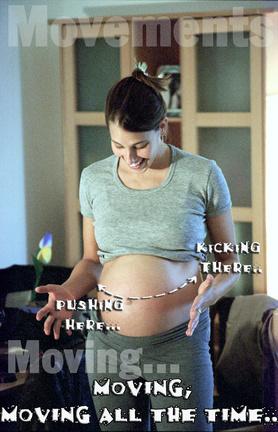During pregnancy, even exceptionally well-organized moms might feel their schedules are stretched beyond their limits. Eating healthfully during this stage of life is even more important than ever, but some moms feel tempted to grab whatever they can eat quickly. By following general tips for healthy pregnancy meals, you can eat well for two without stretching your schedule or your pocketbook.
Grains
Adding 6 oz. of grains to your daily diet is a great idea, according to the March of Dimes. A slice of bread or a tortilla equals 1 oz. of grains; busy moms can quickly grab some bread or tortilla even on the most over-scheduled day. Keep in mind that you should lean toward whole grains as much as possible; this enables you and your baby to gain the most nutritional value from your pregnancy meals.
Vegetables
When preparing meals during pregnancy, be sure to include plenty of vegetables. The March of Dimes suggests that expectant moms eat about 2 ½ cups of veggies each day. You need not add a lot of cooking time to your crammed schedule; you can drink vegetable juice or use 1 cup of sliced raw vegetables, like tomatoes, for your meal. However, keep your vegetable juice choices low-sodium to reduce your risk of additional water retention.
Protein
Eat at least 5 oz. of protein a day while you are pregnant. Again, this need not turn into an all-day cooking extravaganza unless you feel the time and energy of your day is aligned with that. You can use 1 tbsp. of peanut butter to create 1 protein serving, according to the March of Dimes.
While it’s a good idea to eat fish while pregnant, some choices are so high in mercury that you can’t safely eat them until after you give birth. The MSNBC website warns that pregnant women should avoid mackerel, shark, swordfish and tilefish and eat no more than 12 oz. of lower-mercury fish, like tuna or salmon, each week.
Additional Tips
Drink at least six glasses of healthy beverages each day to keep your body hydrated. The March of Dimes recommends water, low-fat milk, 100 percent fruit juice and low-sodium vegetable juice. Also, since you’ll need to add about 300 calories a day to your healthy pregnancy diet, it might be best to break your daily eating plan into four to six smaller meals. Always avoid alcohol, soft cheeses like brie, alfalfa sprouts and anything made with raw or lightly cooked eggs.
Photo Credit
- pregnancy image by Dor Sela from Fotolia.com





